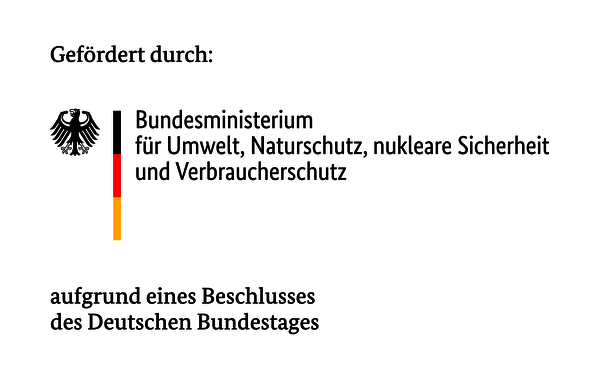AI Empowered Sustainable Urban Mobility Platform (AISUM)
Urban mobility is undergoing a tremendous change. Under the keyword Smart Mobility, new mobility offers are increasingly being integrated into the urban environment. This process offers opportunities to reduce environmentally harmful emissions, as new mobility services can supplement local public transport and reduce the amount of private car traffic in the city. However, it is also associated with risks, mainly due to the lack of control and integration of new and old urban transport modes. Initial studies on e-scooters and other sharing services indicate, for example, that under the given conditions they do not contribute to the resource-saving transformation of urban mobility, but rather lead to higher environmental pollution due to overcapacity and waste.
The urban population has a legitimate interest in mobility services that are as comprehensive, reliable and comfortable as possible on the one hand, and in urban transport that is as sustainable as possible, especially low-noise and low-emission transport on the other. The combination of real-time data from numerous sharing offers and the public transport network on a user-optimized smart mobility platform offers the possibility of combining both demands for the first time. To this end, cities need mobility platforms that enable the connection and control of old and new mobility services in accordance with social-ecological criteria.The project aimed to establish a platform for sustainable urban mobility in which climate protection and resource efficiency are structurally anchored. Users should be able to transparently view the ecological costs of various transport options and be encouraged to use particularly climate-friendly means of transport. We are following on from an ongoing project by Berliner Verkehrsbetriebe (BVG), which combines public transport and new, private-sector mobility services (bike, scooter, car and scooter sharing) and provides users with multimodal mobility from a single source. However, there is currently still a lack of an intermodal platform solution on the basis of which all mobility services can be easily and intelligently combined into resource-saving transport alternatives. In addition, ecological criteria are not taken into account. The project addressed both challenges by combining the data streams of various mobility providers on one platform and evaluating them using machine learning. To this end, various so-called Green AI use cases were designed and prototypically implemented.Professor of Business Administration, IT Management and Digital Transformation
The project aimed to establish a platform for sustainable urban mobility in which climate protection and resource efficiency are structurally anchored. Users should be able to transparently view the ecological costs of various transport options and be encouraged to use particularly climate-friendly means of transport. We are following on from an ongoing project by Berliner Verkehrsbetriebe (BVG), which combines public transport and new, private-sector mobility services (bike, scooter, car and scooter sharing) and provides users with multimodal mobility from a single source. However, there is currently still a lack of an intermodal platform solution on the basis of which all mobility services can be easily and intelligently combined into resource-saving transport alternatives. In addition, ecological criteria are not taken into account. The project addressed both challenges by combining the data streams of various mobility providers on one platform and evaluating them using machine learning. To this end, various so-called Green AI use cases were designed and prototypically implemented.Professor of Business Administration, IT Management and Digital Transformation
Several ECDF professors were involved in the project: Prof. Philipp Staab (Humboldt-Universität zu Berlin), Prof. Helena Mihaljevic (University of Applied Sciences Berlin) and Prof. Tilman Santarius (Technische Universität Berlin).
The project was funded as an AI lighthouse project for environment, climate, nature and resources by the BMUV and supervised by the project executing agency Zukunft - Umwelt - Gesellschaft gGMBH.

